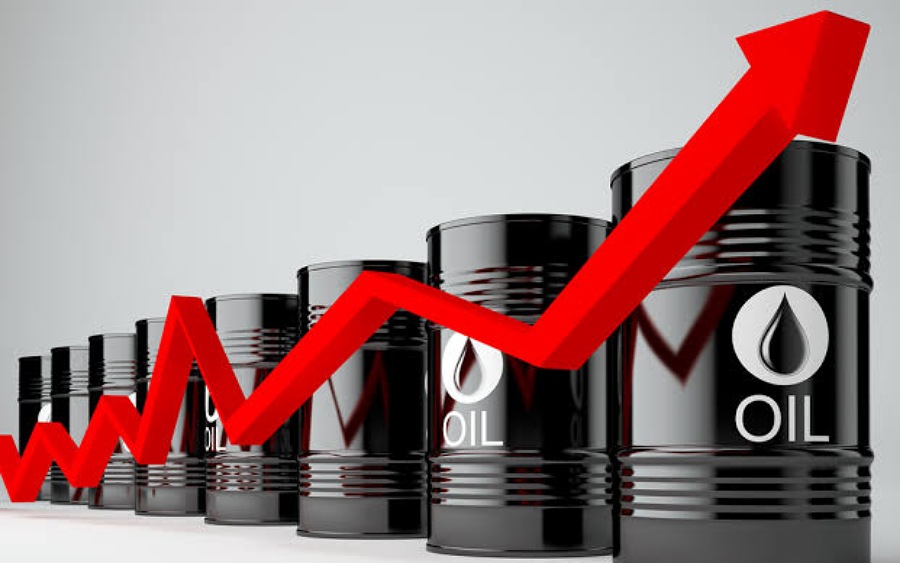- Nigeria’s oil production in June 2023 increased, providing a buffer for OPEC producers, as per a Reuters survey.
- Despite broader production cutbacks by OPEC+ members, Nigeria and Iraq limited the impact by maintaining their oil output.
- Nigeria saw a small gain in exports from key streams, although its production levels remained below the OPEC+ deal’s limits.
Nigeria’s oil production in June 2023 experienced an increase, providing a cushion for OPEC producers, as reported by Reuters.
According to a Reuters survey, the output of oil production from the Organization of Petroleum Exporting Countries (OPEC) only witnessed a minor decline in June 2023.
This was primarily due to Nigeria and Iraq mitigating the impact of production cutbacks implemented by other countries. Despite a broader OPEC+ agreement and voluntary reductions by several members to stabilize the market, Nigeria continued to see modest growth in its exports, although its current production remains below the limits set by the OPEC+ deal.
More Insights
The Reuters survey found that OPEC pumped 28.18 million barrels per day (bpd) i June 2023, which was 50,000 bpd from May’s revised figure. The survey also notes that several members of OPEC+, which includes OPEC and allies such as Russia, had in April pledged voluntary cuts on top of those made in late 2022 as the economic outlook worsened.
Meanwhile, in May, six OPEC members agreed to cut output by a further 1.04 million bpd, adding to about 1.27 million bpd of reductions already in place. These curbs remain in place for June.
Nairametrics had reported last month that Nigeria regained its position as the top crude oil producer in Africa for May 2023, based on data from the Organization of Petroleum Exporting Countries (OPEC). According to OPEC, Nigeria produced 1.184 million barrels of crude oil per day during the month, according to direct communication data.
In comparison, Libya produced 1.158 million barrels per day, Angola produced 1.111 million barrels per day, and Algeria produced 962,000 barrels per day.
It is also important to note that in April 2023, Nigeria experienced its first decline in crude oil production, with OPEC reporting a daily output of 999,000 barrels. In addition to declining oil production, the country struggles with high inflation, and subdued business activity and consumer spending.
Is oil still relevant in the global economy?
During his address at the Energy Asia conference at Kuala Lumpur, Malaysia on June 26, OPEC Secretary General, Haitham al Ghais said OPEC sees global energy demand increasing by 23% through 2045, and he sees no credible way to address this without utilizing all available energy sources, and with energy market stability as a guiding light.
According to him, OPEC projects global oil demand rising to 110 million barrels a day by 2045, and oil still makes up about 29% of the energy mix by then. He said between now and 2045, oil investments will require up to $12.1 trillion, or over $500 billion each year.
He also noted that oil producers recognize the need to continually reduce emissions and decarbonize, as well as invest in global best practices and cutting-edge, best-in-class technologies like carbon capture utilization and storage, clean hydrogen technologies, and the circular carbon economy.
What you should know
The cited Reuters survey noted that OPEC’s output is still undershooting the targeted amount by almost 1 million bpd partly because Nigeria and Angola lack the capacity to pump as much as their agreed level. The survey also pointed out that Gulf producers Saudi Arabia, Kuwait and the United Arab Emirates have largely implemented their voluntary cuts and continued to show high compliance in June 2023.
